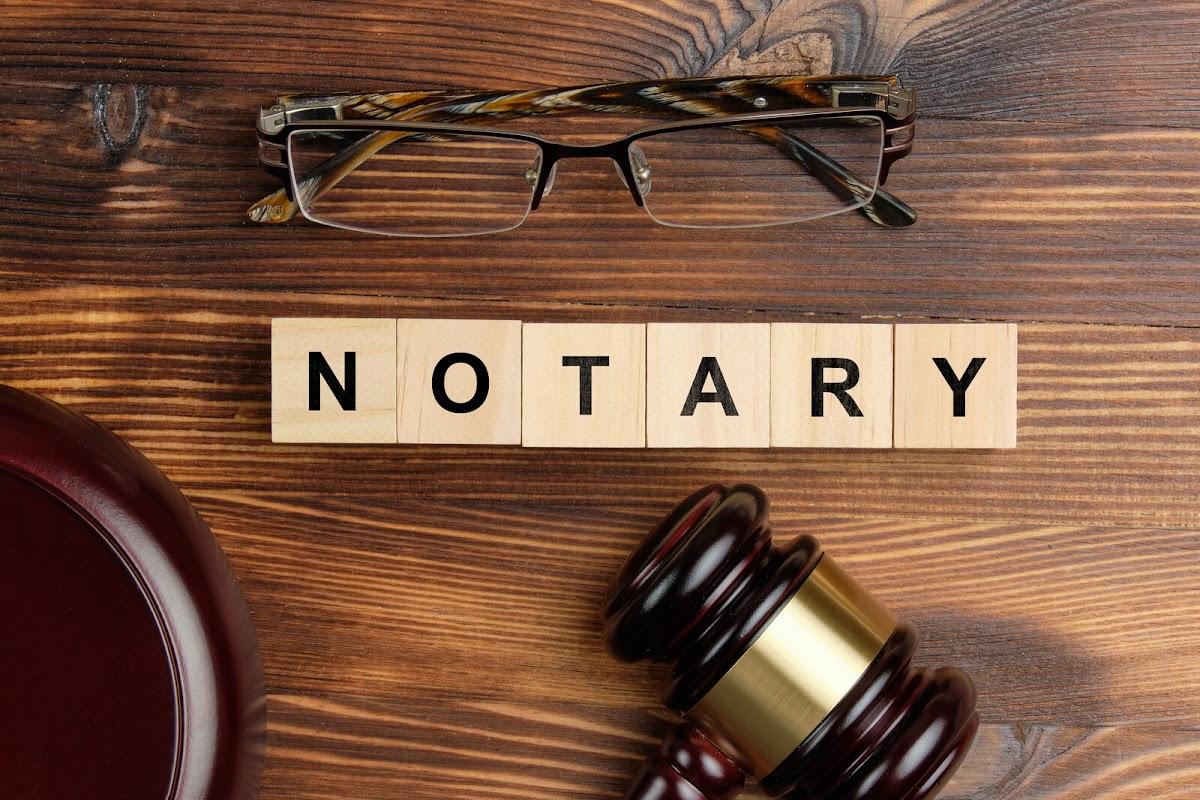New York State has recently passed new legislation – NY Executive Law Section 135-c, bringing significant changes to the rules governing notarization. Perhaps the most significant change is the allowance of electronic notarization, something that has been long-awaited by many in the industry. Alongside this comes stricter regulations surrounding record-keeping for traditional, in-person notarization.
How Does New York’s New Digital Notary Work?
During the pandemic, Governor Cuomo signed an Emergency Order allowing for temporary remote notarization that expired April 18, 2020. Electronic notarization has now been made permanent. The new law allows for remote notary services to be offered, but with more oversight than the temporary order. To provide remote notary services, every notary must first register with the Department of State and use software that complies with DOS regulations.
It’s important to note that a notary may only perform electronic notarizations if they are physically located within the state of New York. However, the signer can be located anywhere in the world, so long as there is a connection with the United States. The notary must identify the remote signer using one of three methods: personal knowledge of the signer, official identification via communication technology, or through an oath or affirmation of a witness who is known to the signer. A notary can charge $25.00 for each electronic notarization rather than the $2 limit a traditional in-person notary can charge.
In addition to this, the notary must be able to see and interact with the remote signer in real-time through audio-visual communication technology. The notary must also retain the audio-visual recording of the electronic notarization for at least 10 years. The communication technology platform must comply with Department of State’s regulations – Facetime and Zoom are not compliant.
Stricter Requirements for All Notaries
Another significant change brought about by the new legislation is the implementation of new record-keeping requirements for all notaries, including those providing traditional, in-person services. All notaries must now keep a journal of all notarial acts for at least 10 years and be able to produce it to the Secretary of State and other relevant parties as necessary. For each notarial act, the notary must record the date, time, and type of act performed, the name and address of the signer, the number and type of notarial services provided, the type of credential used to identify the signer (including any witnesses), and the verification procedures used for any personal appearances before the notary public.
What Documents Can Be Remotely Notarized?
It’s worth noting that, unlike the coronavirus executive order, remote witnessing is not allowed under the new legislation. Legal documents may be notarized remotely under the new law, but others will still require witnesses. The new remote notarization law allows for both electronic signature and “wet” signatures. But when done remotely, there is no exchange of a paper document as the notarial process is an electronically created and stored document. The notary jurat must state: “this electronic notarial act involved a remote online appearance involving the use of communication technology.” Overall, these new changes to the notarization process in New York state are designed to provide greater flexibility and security for all notaries and signers. Just as legal professionals welcomed e-filing, we welcome all notaries to the 21st century!





